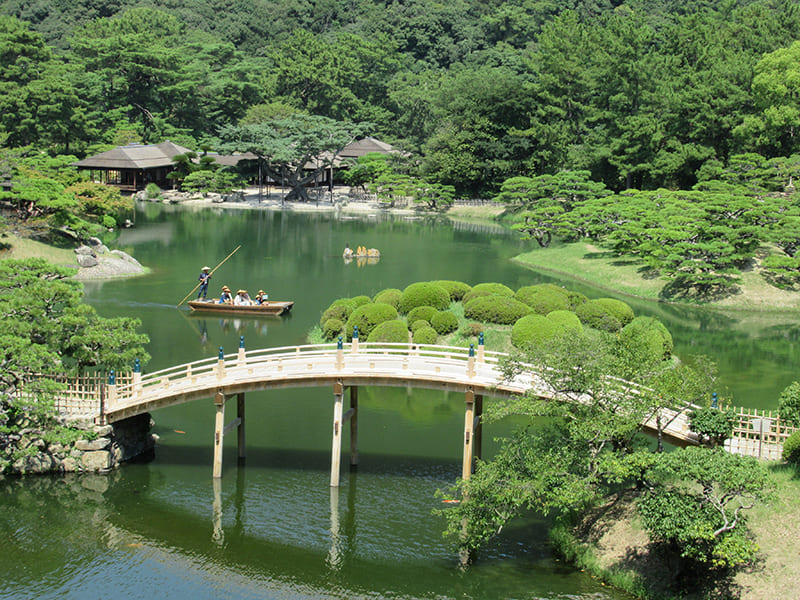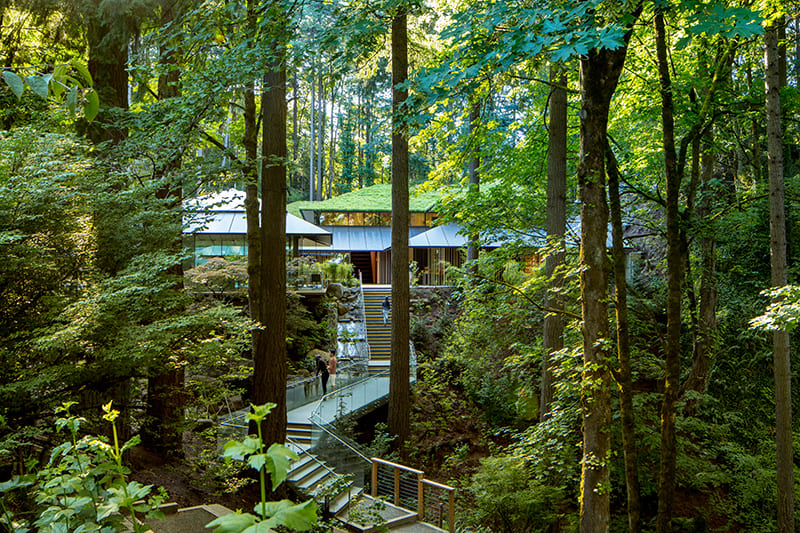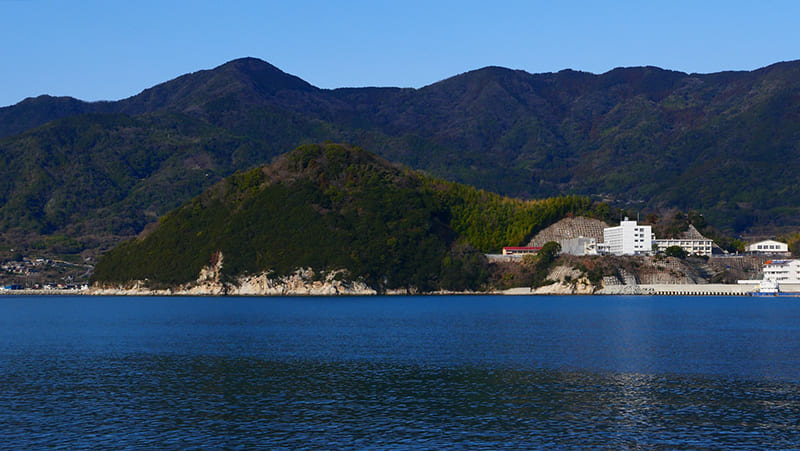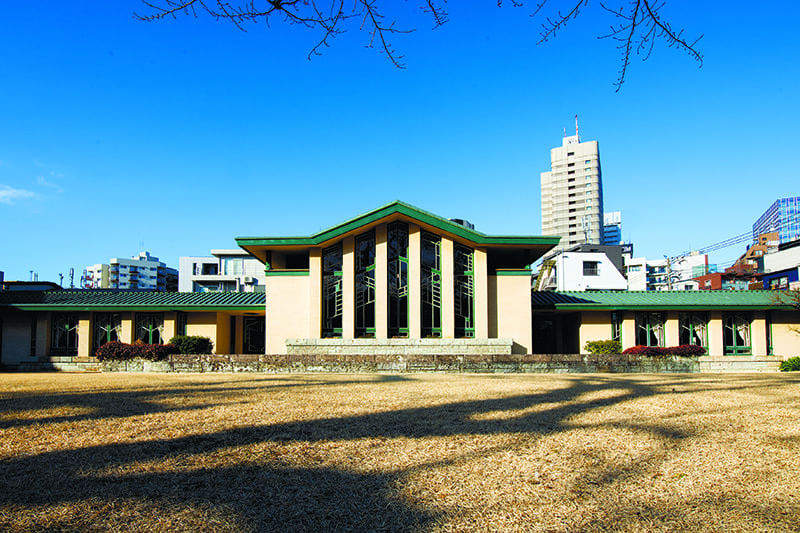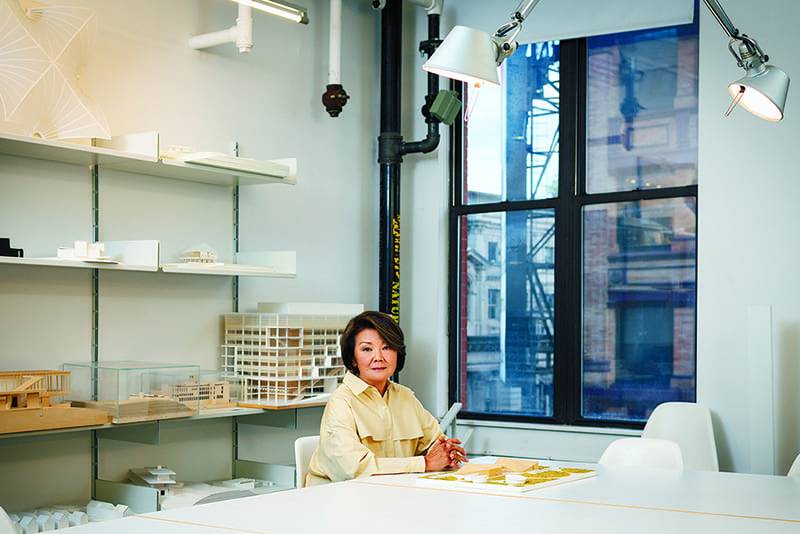April 21, 2023
Future global leaders spread their wings at JINIS
SPONSORED CONTENT
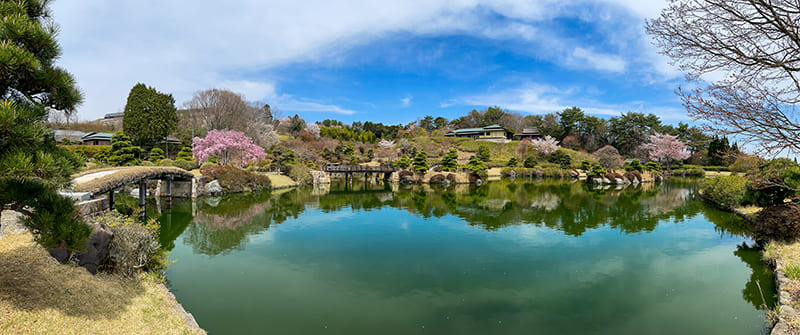
COURTESY: JINIS
With people who can play an active role in our increasingly globalized world in high demand, global education is attracting a great deal of attention in Japan, and more parents want their children to study abroad from an early age or attend an international school.
In April 2020, The Japan Times’ publisher and chairperson, Minako Suematsu, founded Japan’s very first boarding elementary school, Jinseki International School (JINIS), which opened its doors in the Hiroshima Prefecture town of Jinseki Kogen.
The appeal of this school goes beyond the concept of simply being an international elementary school with dormitories; a major feature of JINIS is that students learn all subjects in English and Japanese through immersive education.
Michael Rob Gray, former principal of the world-renowned Swiss boarding school Le Rosey, and John Baugh, former principal of the U.K.’s prestigious Oxford Dragon School, serve as advisers to JINIS and contribute to creating the world’s best boarding school experience there. The school educates students to become true global citizens through a policy that meets the needs of the times.
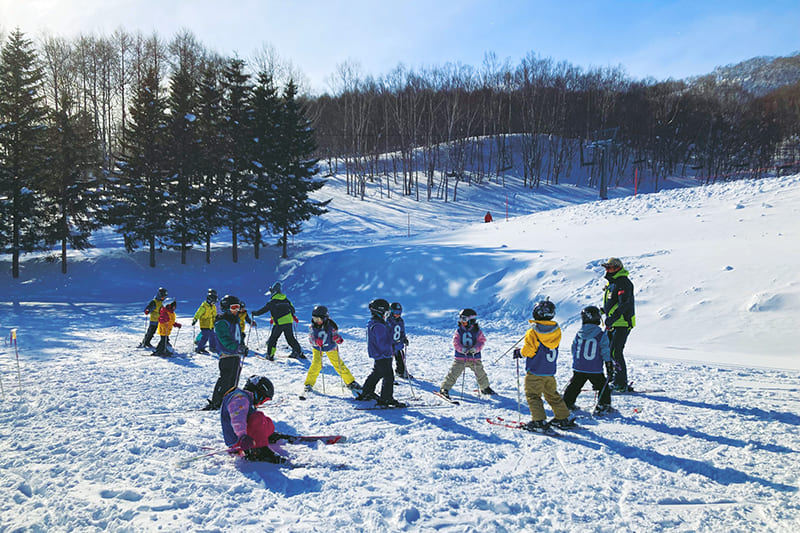
COURTESY: JINIS
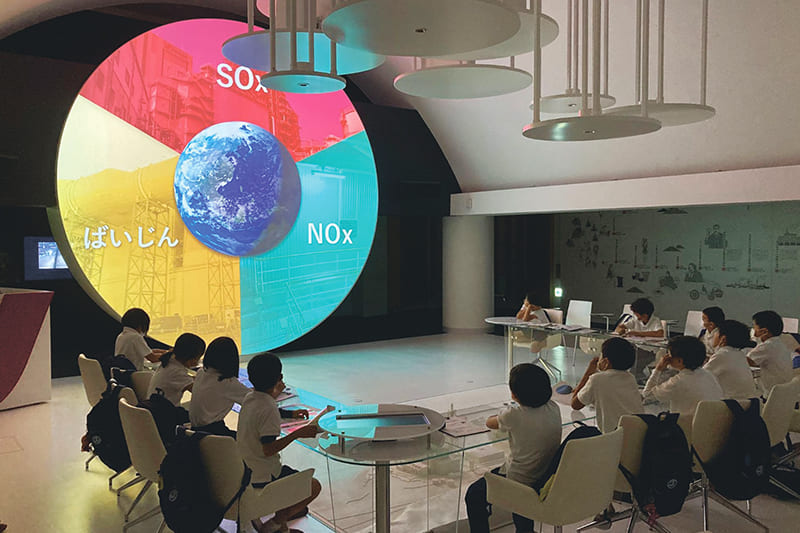
COURTESY: JINIS
Gota Yamane, the director of corporate affairs at JINIS, talked about its educational aims. “Speaking English does not make you an active global citizen overseas,” he said. “We believe it is important for students to acquire a solid foundation of Japanese education and then go out into the world.”
The curriculum is adapted from the British-based International Primary Curriculum and guidelines from the ministry of education. Although many students wish to go on to boarding schools overseas after graduation, they can also go to junior highs in Japan, since the school is an “Article 1” school accredited by the ministry.
Yamane added: “We also value what students learn at elementary schools in Japan. The level of science and math education in Japan is highly regarded throughout the world. JINIS provides an environment where students can learn about Japanese culture and history to acquire a sense of identity as Japanese, through classes on such things as tea ceremonies, planting rice and making pottery, while practicing the unique Japanese science and math education.”
Students also develop independence and cooperation through communal living in the dormitory. Entering boarding schools overseas can be a difficult experience for children who have yet to acquire such skills. There are cases where children give up on higher education because they are not yet ready to care for themselves or leave their parents.
Jinseki Kogen, a tranquil town rich in nature, is less than an hour’s drive from Fukuyama, the second-biggest designated “core city” in the Chugoku region. This area has no active faults, reducing the risk of earthquakes. There is also no need to worry about floods or landslides, as the school buildings are on top of a mountain. The town is blessed with the rich nature of the Seto Inland Sea and the Chugoku Mountains and is a treasure trove of delicious food. It is an ideal environment for enjoying authentic arts and sports.
The 830,000-square-meter campus, 17 times the size of Tokyo Dome, includes a Japanese garden and a farm. The Japanese garden was designed by Kinsaku Nakane, a well-known landscape architect who has also created gardens for the Adachi Museum of Art. There are four tea rooms in the Japanese garden, where tea ceremony lessons and cherry blossom viewings are held, allowing visitors to enjoy the unique Japanese mind and the changing of the seasons. In the Farm Area, children experience outdoor activities such as caring for and milking cows and growing and harvesting their own vegetables in the vegetable garden.
For the students, the prospect of living away from their parents for the first time can be both exciting and anxiety-provoking. JINIS provides 24-hour support to ensure that the dormitory becomes a second home for the children. Video calls with parents are held once a week to ensure that children do not feel lonely. The school also provides parents daily updates on their children’s progress via social media.
Meals are prepared by the highly rated company Cezars Kitchen, and Michelin-starred chef Keisuke Matsushima has been invited to provide the children with not only nutritional support, but also gentle attention. Children are also taught the kind of manners that are usually taught at home. Yamane said, “The children enjoy learning about manners on eating, such as how to eat a swordfish neatly.” Mealtimes at JINIS provide an environment where children can learn about all aspects of food education, including local production for local consumption.
JINIS students can experience many sports — cycling and swimming in the spring and summer, horseback riding and golf in the fall, ice skating and skiing in the winter — to nurture their minds and bodies. The school also offers a full range of private lessons. Lessons in music (piano, violin, cello, drums and koto, etc.) and sports (horseback riding, karate, bouldering and golf, etc.) are popular. In addition to off-campus learning, the school invites guest speakers once a month, organizes field trips and offers many other events and activities to expand students’ interests.
With the school now in its third year, graduates have been accepted to prestigious schools such as Le Rosey in Switzerland, the Oxford Dragon School, Bilton Grange and Millfield in the U.K., and Geelong Grammar School in Australia. After receiving a wealth of experience at JINIS, students will continue to further their education at their new schools with confidence and pride in their Japanese identity. The day when they will play active roles in the world as true global citizens does not seem so far off.
未来のグローバルリーダーたちが、JINISから羽ばたく。
国際化が進み、世界で活躍できる人材が求められているなか、日本の教育場面でもグローバル教育が高い注目を浴びている。2020年4月、日本初の全寮制小学校・神石インターナショナルスクール(JINIS)が広島県神石高原町に開校した。JINISでは、日本語と英語で学ぶイマージョン教育を中心に日本人としての素養を確実に身につけることを課題としている。
スイスで最も伝統のあるボーディングスクールの筆頭に挙げられるLe Roseyの前校長・Michael Rob Gray氏と、英国トップスクールである名門・Oxford Dragon Schoolの元校長・John Baugh氏2名をアドバイザーとして、世界最高峰のボーディング体験をJINISへ寄与する。JINISで豊富な経験を積んだ子どもたちは、日本人としてのアイデンティティを身につけ、自信と誇りをもちながら、進学先で更なる学びを続けていくだろう。時代のニーズに沿った教育方針によって、真の国際人への門が開かれたように思う。
Return to Sustainable Japan Magazine Vol. 23 article list page


